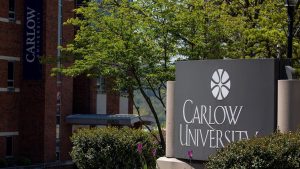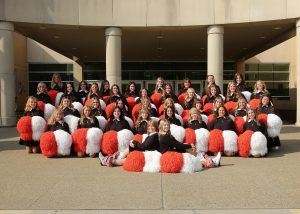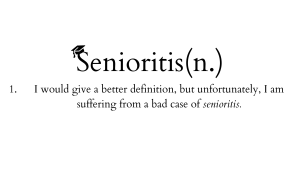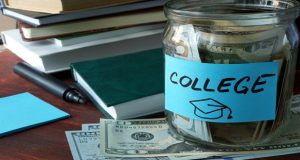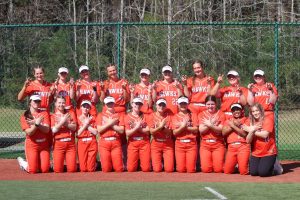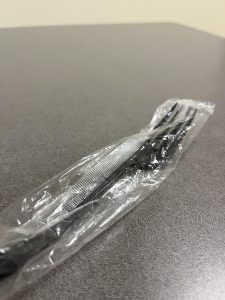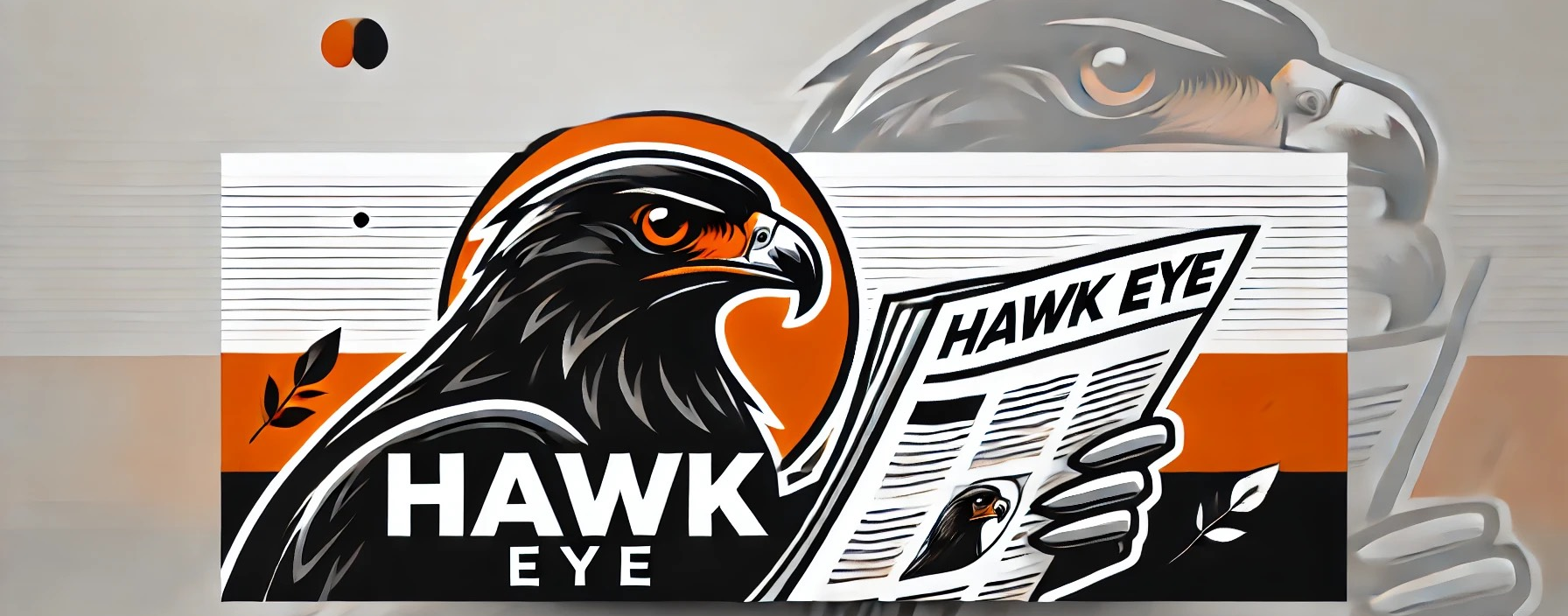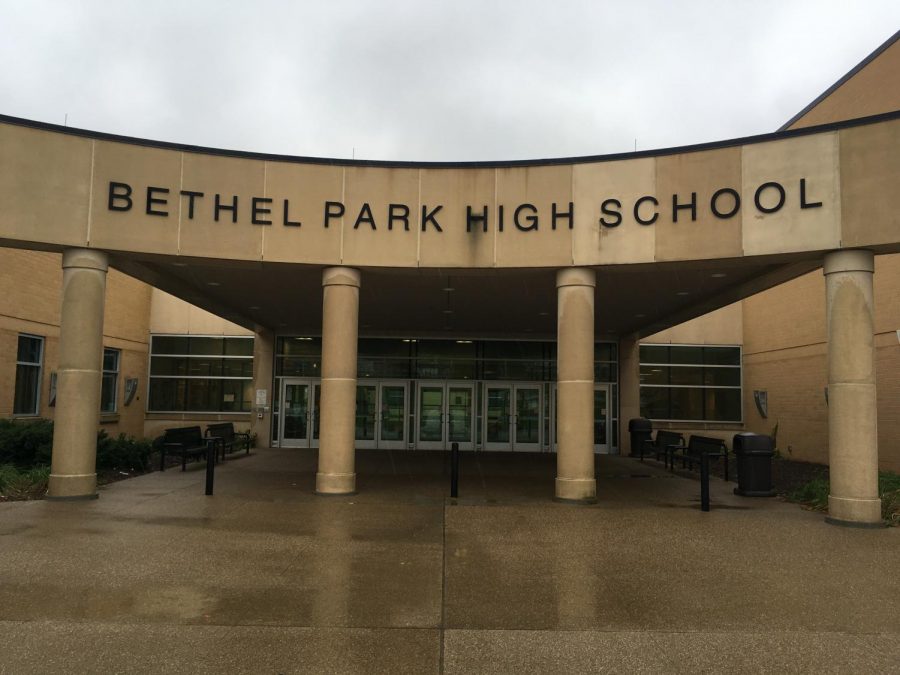Classes BPHS should offer
The front of Bethel Park High School on a rainy day.
January 19, 2021
Secondary schools’ curricula tend to vary greatly across the country, but I’m sure we can all agree that our high school education doesn’t exactly cover everything it should.
There are essential life skills that would be helpful to learn as a teenager before encountering them as an adult.
BPHS offers many courses and electives you can take, but you can argue which ones should and shouldn’t be a part of the curriculum.
Of course, students should be taught to be able to read, write, solve basic math problems, know basic human biology, and know the history of our nation, but there are a lot of life skills that the current curriculum doesn’t cover.
Classes we should offer that teach skills that can be used throughout life could be personal finance, applied maths, American Sign Language, practical skills, and mental health.
First, personal finance would be beneficial to take because leaving school and suddenly being in charge of bills, taxes, and your own money is stressful. Teens should learn about credit cards/debit cards (and the dangers of them), how to save your money correctly, interest rates, smart ways to invest your money, taxes, and how to manage debt. Also, budgets can be extremely stressful when you’ve never had to use them in a real-life situation.
Also, applied math classes is a course almost every student could benefit from. All our lives, we’ve been stuck taking math courses that bore us, asking ourselves the same question: When will we ever use this?
I think, however, a lot of people don’t understand how creative and fun math skills can be.
Applied math is more than just crunching numbers; it’s being able to use mathematics to solve real-life problems and make an impact in the world. Learning how to use math in an invention you’ve created, such as having to calculate the correct angle or speed that a cog in a clock needs to turn, or having a whole class on the possibility of making your own time machine would enhance student’s critical thinking skills and give them a new appreciation for math.
Furthermore, an important skill to learn would be American Sign Language. At most high schools across the United States, college-bound students are encouraged to take a language class, and students usually have to pick between a set of three to five languages (Spanish, French, German, Latin, and Chinese). Most students tend to study the language and never end up having to use it in real life, as most of us will live in the United States for life, which is a predominantly English-speaking country.
One in eight people in the United States (13 percent, or 30 million) aged 12 years or older has hearing loss in both ears, based on standard hearing examinations, per the U.S. Department of Health & Human Services. Also, ASL-learning kids have higher reading levels and a 15–20% improvement in vocabulary. These students even had higher test scores than non-ASL kids.
Equally as important is the ability to learn practical skills such as learning how to fix a tie, how to crush an interview, fix a broken toilet, mow the lawn, change a flat tire, change the oil in your car, and even some basic carpentry skills, among other skills. It’s important to learn these skills so you can be your own “handyman.” Over time, these skills will save you a lot of time, money, and aggravation.
Last but not least is mental health. Mental illness is a HUGE issue today. One in five people struggles with a form of a mental illness. From ADHD to anxiety, to depression, we never seem formally learn about these in school. Mental health is a $100 billion industry in the U.S. alone because we are never taught how to take care of ourselves.
All in all, 2020-2021 have been the years of change, so how about a change to the curriculum that is in desperate need of change.



